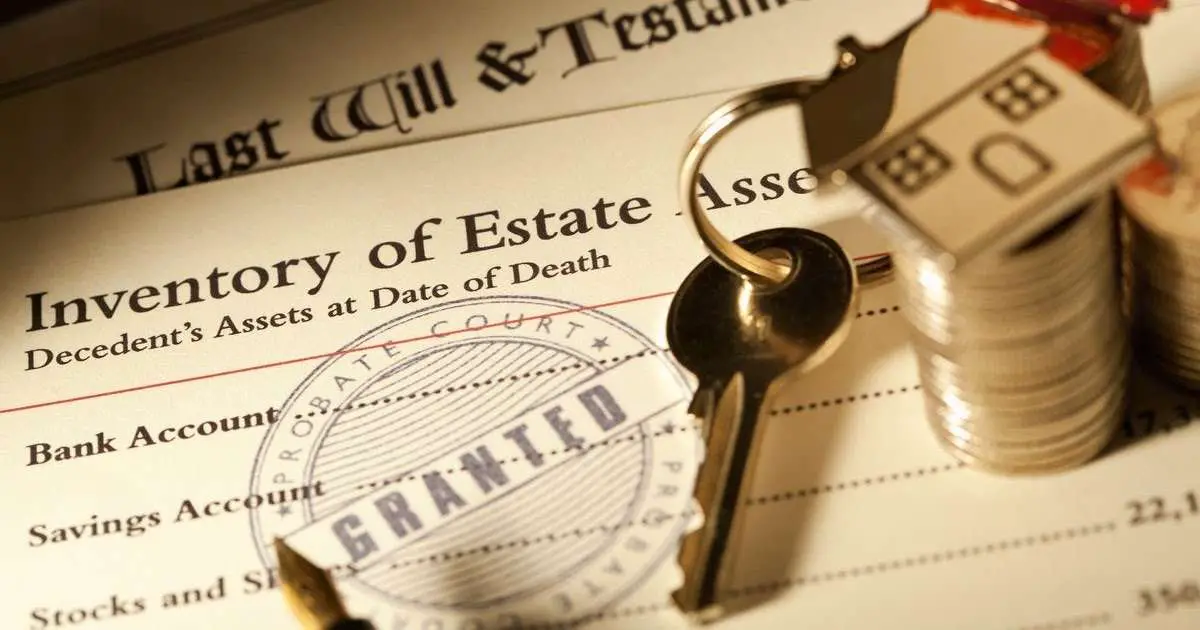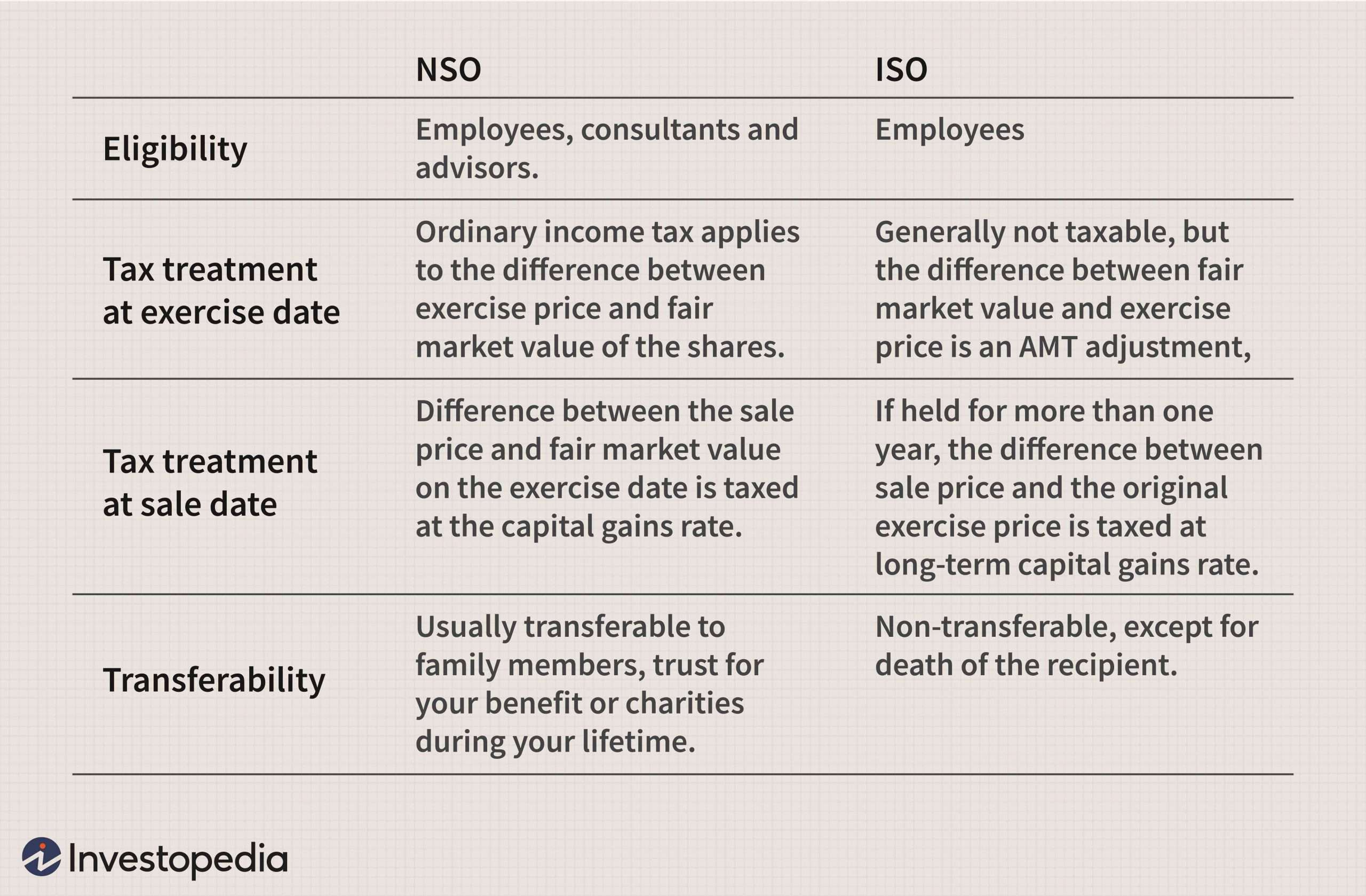Do You Pay State Taxes On Capital Gains
In general, youll pay state taxes on your capital gains in addition to federal taxes, though there are some exceptions. Most states simply tax your investment income at the same rate that they already charge for earned income, but some tax them differently
Just seven states have no income tax Alaska, Florida, Nevada, South Dakota, Texas, Washington and Wyoming. Two other states New Hampshire and Tennessee dont tax earned income but do tax investment income, including dividends.
Of states that do levy an income tax, nine of them tax long-term capital gains less than ordinary income. These states include Arizona, Arkansas, Hawaii, Montana, New Mexico, North Dakota, South Carolina, Vermont and Wisconsin. However, this lower rate may take different forms, including deductions or credits that reduce the effective tax rate on capital gains.
Some other states provide breaks on capital gains taxes only on in-state investments or specific industries.
Capital Gains Tax Rates For 2021
The capital gains tax on most net gains is no more than 15% for most people. If your taxable income is less than $80,000, some or all of your net gain may even be taxed at 0%.
As of 2021, the long-term capital gains tax is typically either 0%, 15% or 20%, depending upon your tax bracket. This percentage will generally be less than your income tax rate.
Source: Kiplinger
There are some exceptions to this 0-15-20% rule which allows certain capital gains to be taxed at higher rates.
Higher Capital Gains Tax Rate Exceptions
- Taxable portions of the sale of certain small business stocks are taxed at a 28% maximum rate.
- Net capital gains from selling collectibles such as coins or art are taxed at a 28% maximum rate.
- Certain portions of capital gains from specific real estate sales are taxed at a 25% maximum rate.
Source: Internal Revenue Service
Capital Gains On Stocks
You generally must pay capital gains taxes on the stock sales if the value of the stock has gone up since you’ve owned it. Capital gains tax on stock you’ve had for more than a year is generally lower than ordinary income tax. If you’ve had the stock for less than a year, you simply pay your ordinary income rate.
The capital gain is the difference between the stock’s sale price, minus any fees you paid to sell it, and the purchase price, to which you add any fees you paid to buy the stock. That value, equal to the purchase price with any fees, is called the cost basis of the stock.
Long-term capital gains rates are either 0, 15 percent or 20 percent, depending on your income, and most taxpayers pay 15 percent.
Recommended Reading: Where Can I Find My Real Estate Taxes
When Should You Sell A Stock For Profit
How long should you hold? Here’s a specific rule to help boost your prospects for long-term stock investing success: Once your stock has broken out, take most of your profits when they reach 20% to 25%. If market conditions are choppy and decent gains are hard to come by, then you could exit the entire position.
Can I Avoid Paying Taxes On Stocks

It is unlawful to avoid paying taxes on legitimate taxable income. Still, there are many ways to invest strategically to minimize the tax burden on your stocks. Some of the best ways to do this include holding your stocks longer, investing through tax-deferred retirement funds, using capital losses to offset gains, and more. Talk to your advisor about how to lower taxes on your investments.
Also Check: Where Do I Find My Real Estate Taxes Paid
What Are Capital Gains
A capital gain is simply any profit earned when an investment is sold. To determine the capital gain generated by a sale, an investor would simply subtract the original purchase price of the asset from the sale price. For example, if an investor purchased $1,000 worth of stocks and eventually sold them for $5,000, their capital gain would be $4,000.
Its vital to remember that capital gains taxes are owed only after an asset is sold and a profit is realized. If the investor in the example above held onto their stocks instead of selling, the profits would remain unrealized and no taxes would be owed.
There are two types of capital gains: short-term gains and long-term gains. A short-term capital gain is the profit made when an asset is sold after being held for less than a year. A long-term capital gain is the profit made when an asset is sold after being held for more than a year.
Also remember that capital gains arent just the profits generated when stocks are sold. A home sale can generate capital gains, as well as the sale of a business or vehicle.
What Forms Do I Need To Pay Taxes On My Stock Trades
As tax time approaches, your brokerage should send you one or more versions of Form 1099, which you report to the IRS when you file your taxes. Form 1099-B lists capital gains and losses, while Form 1099-DIV has dividends. There are also plenty of others.
You or your accountant typically must then attach the Form 1099-B to your 1040 by filling out Schedule D Qualified dividends listed on Form 1099-Div can usually be reported directly on your 1040.
You May Like: How To File Joint Taxes For The First Time
Net Investment Income Tax
Some investors may owe more than just capital gains taxes when they sell stocks. Since 2013, the investment earnings of some individuals, estates and trusts have been subject to the net investment income tax or NIIT.
This 3.8% levy applies to high-income taxpayers with income from capital gains, dividends, interest, non-qualified annuity distributions and rental properties. Individuals pay NIIT when their modified adjusted gross income surpasses the following thresholds imposed by the IRS:
| Net Investment Income Tax Thresholds | |
| Your Filing Status | |
| Head of Household | $200,000 |
| Qualifying Widow With Dependent Child | $250,000 |
Its worth noting that only U.S. citizens and resident aliens with net investment income that exceeds the MAGI thresholds in the table above are required to pay the NIIT. Non-resident aliens are not subject to this tax, unless they elect to be treated as a resident so they can file jointly with their U.S. citizen or resident spouse.
Employee Stock Options From Public Companies And Non
When you exercise your employee stock options, a taxable benefit will be calculated. This benefit should be reported on the T4 slip issued by your employer. The taxable benefit is the difference between the price you paid for the shares and their value on the date of exercise.
If your options were issued you may be eligible for a deduction equal to 50% of the taxable benefit. Your employer should calculate this for you and report it on your T4.
However, if you are no longer an employee of the company, a T4 may not be issued or may not be issued correctly. This is a common occurrence for former employees of foreign employers. If this applies to you, a Stern Cohen tax specialist can help you calculate the appropriate amount to report.
Don’t Miss: What To Send When Filing Taxes By Mail
Do You Pay Tax When You Sell Shares
If you’re holding shares of stock in a regular brokerage account, you may need to pay capital gains taxes when you sell the shares for a profit. … Short-term capital gains tax is a tax on profits from the sale of an asset held for a year or less. Short-term capital gains tax rates are the same as your usual tax bracket.
What Is Subject To Tax
It’s important for all investors to know that any gains they make is considered taxable income.
“People think sometimes that they’re going to make a lot of money in this market and that they won’t be subject to the same taxes,” said Sheneya Wilson, CPA and founder of Fola Financial in New York. Instead, profits from sales of stocks as well as any dividends earned are subject to capital gains taxes.
Other assets are taxed, as well. For instance, investors pay capital gains taxes on cryptocurrencies, some bonds and some mutual funds.
“This is surprise unintended income that you might have to report,” said Gorman.
Read Also: How To Send Tax Return By Mail
What Happens If You Don’t Report Stocks On Taxes
You typically dont have to report that you own shares of a stock on your taxes. You do have to report any income earned from those shares whether from capital gains due to the sale of the shares or from dividends earned while holding the shares.
Failure to report this income and pay the appropriate taxes could be a crime. Brokerage firms will directly report the proceeds from the sale of stock to the IRS. The company issuing the dividend will also report this income to the IRS. If these amounts are not reflected on your tax return, this could be a red flag for the IRS.
State Capital Gains Tax On Stocks

The federal government is going to take a bite out of your profits, but dont think the taxes stop there. Depending on the state you live in, youll have to fork over more money.
Most states are going to tax you at the normal rate as your income for any money made from stock growth. There are 9 states that tax less for capital gains:
- Arizona
- Vermont
- Wisconsin
Living in these states will give individuals some advantages over the regular income tax rate that almost all other states use. In a few more states, like Colorado, Idaho, or Louisiana, there are other tax incentives to reduce the burden on payers.
Different state taxes on capital gains range from 0% for some of the states mentioned above to 13.30% in California. The situation in each state can be dynamic in the future, some taxpayers could be paying as much as 50% for their gains.
Also Check: How To View Previous Tax Returns
How To Avoid Capital Gains Tax On Stocks
Last updated June 14, 2022| By Roger Wohlner
FinanceBuzz is reader-supported. We may receive compensation from the products and services mentioned in this story, but the opinions are the author’s own. Compensation may impact where offers appear. We have not included all available products or offers. Learn more about how we make money and our editorial policies.
Capital gains are incurred when shares of a stock are sold for more than you paid for them. The exact taxes on these gains will depend upon how long the shares were held.
Understanding how capital gains taxes work can help you manage the tax bill incurred from stock sales, which is a smart money move when youre trying to build wealth. When investing money you should always understand how it could be taxed.
Heres how capital gains tax works with taxes, and how you might avoid a big capital gains tax bill.
How Do I Calculate Capital Gains Tax
When you sell a stock at a profit, you probably do owe capital gains tax, but not on the full amount of the sale. Youre only required to pay taxes on your profit, so that means you can subtract the amount you paid for the stock when you originally bought it.
To determine how much you owe in capital gains tax after selling a stock, you need to know your basis, which is the cost of the stock, along with any reinvested dividends and commissions paid. For example, if you purchased the stock 10 years ago for $1,000, and you reinvested dividends each year, totaling $200, your total basis is $1,200. If you sell the stock this year for $2,000, your net gain is $800, and thats the amount on which youll owe capital gains taxes.
What if you didnt purchase the stock yourself, but you inherited it from a relative or received it as a gift? No problem. The basis for an inherited stock is its fair-market value on the date of death of its previous owner. If someone gave you the stock as a gift, the basis is the lower of the fair market value on the date the gift was made, or the original price your gift-giver paid for the stock.
Read Also: How To Reduce Taxes In Retirement
Donate Assets To Charity
When you make a donation to a registered charitable institution, you receive a tax receipt which allows you to deduct a portion of your donation from income tax owing. Instead of making a donation in cash, you can transfer ownership of stocks to the registered charity. . It’s a way of rebalancing your portfolio without triggering a capital gain because you are not selling the stock, you are simply transferring ownership. You will receive a tax receipt for the current fair market value . Consult a tax professional before you do this so you follow the correct procedure.
Short Term Capital Gains
If you sell an asset youve held for less than one year, the gain is considered a short-term capital gain which is taxed at your ordinary income rate, which is often much higher than the long-term rate.
Lets look at our ACME stock again.
Assume you are in the 22 percent tax bracket. In February, you bought five shares of ACME stock for $30 each and, 10 months later you sell them for $80 each. The $250 gain will be taxed at your 22 percent tax rate, making your after-tax profit $195.
You May Like: When Will My Federal Tax Return Come
Avoid Capital Gains Taxes With Retirement Accounts
Retirement accounts like a 401 or an individual retirement account can help you avoid capital gains taxes and potentially minimize your income taxes. Heres how:
- Investments held in all tax-advantaged retirement accounts are sheltered from capital gains taxes. You never owe capital gains taxes on the investments held in a tax-advantaged retirement account, no matter how big your gains are or how often you realize them. You will, however, owe income taxes on money you withdraw from a traditional IRA or 401 in retirement.
- Retirement accounts that permit pre-tax contributions reduce your taxable income today. When you make contributions to a traditional 401 or IRA, for instance, you are generally lowering your taxable income and thereby reducing your total income tax liability for the current year.
- Withdrawals from Roth accounts are never taxed. Because you pay income taxes on the money you contribute to them, the gains your money makes in a Roth IRA or 401 is never taxed as long as youre at least 59 ½ and you first funded a Roth account of some kind at least five years ago.
Do I Need To Pay Taxes On Capital Losses
Capital losses occur when your investments lose money over time. For example, if a companys stocks are $200 each when you buy them and $100 each when you sell them, youll incur a capital loss for the amount of the difference .
These losses arent taxed and you can use them to offset your capital gains tax in Canada. There are 3 main ways you can strategically do this:
Also Check: Does The Irs Forgive Back Taxes
Do You Pay Taxes On Stock Immediately
Youll pay taxes on these gains whenever you sell your stocks. Both long-term and short-term capital gains are subject to tax. If youve made a profit from stocks you owned for less than a year, as many people whove tried their hand at day trading have, your short-term capital gains are taxed as ordinary income.
Does Selling Stock Count As Income

If you sell stock for more than you originally paid for it, then you may have to pay taxes on your profits, which are considered a form of income in the eyes of the IRS. Specifically, profits resulting from the sale of stock are a type of income known as capital gains, which have unique tax implications.
Read Also: How To Report 1099 K Income On Tax Return
Capital Gains Vs Federal Income Tax
A few factors determine the rate at which capital gains are taxed: how long the investment was held before being sold, the investors income, and the investors tax filing status. If an investment is held for less than a year, it is subject to the investors federal income tax rate. An investors income tax rate is determined by the investors income bracket, but it is always less favorable than the long-term capital gains tax. If an investment is held for more than a year, an investors income and tax filing status will determine which of the three capital gains tax rates apply: 0%, 15%, or 20%.
Percent Capital Gains Rate For Certain Real Estate
However, the rules differ for investment property, which is typically depreciated over time. In this case, a 25 percent rate applies to the part of the gain from selling real estate you depreciated. The IRS wants to recapture some of the tax breaks youve been getting via depreciation throughout the years on assets known as Section 1250 property. Basically, this rule keeps you from getting a double tax break on the same asset.
Youll have to complete the worksheet in the instructions for Schedule D on your tax return to figure your gain for this asset, or your tax software will do the figuring for you. More details on this type of holding and its taxation are available in IRS Publication 544.
If youre considering a real estate investment, compare mortgage rates on Bankrate.
Don’t Miss: Can I Claim Child Care On My Taxes
